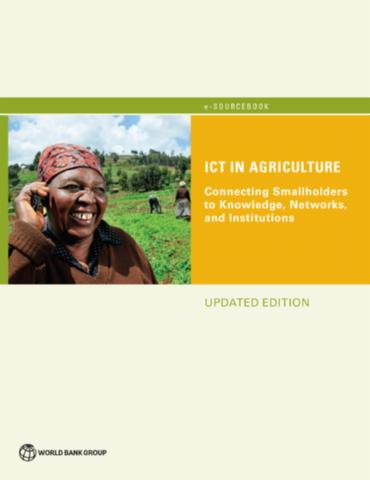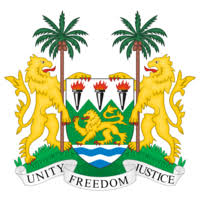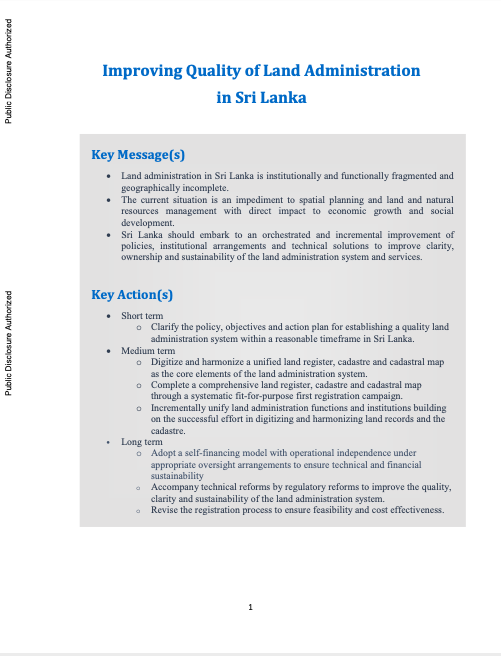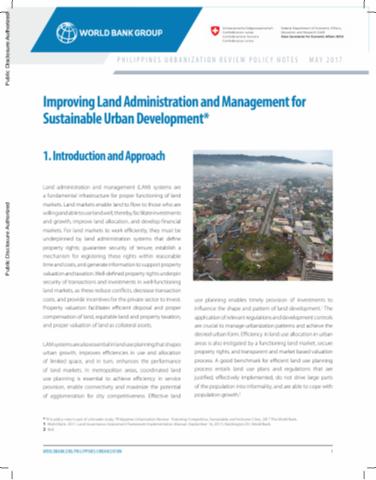ICT in Agriculture (Updated Edition)
Information and communication technology (ICT) has always mattered in agriculture. Ever since people have grown crops, raised livestock, and caught fish, they have sought information from one another. Today, ICT represents a tremendous opportunity for rural populations to improve productivity, to enhance food and nutrition security, to access markets, and to find employment opportunities in a revitalized sector. ICT has unleashed incredible potential to improve agriculture, and it has found a foothold even in poor smallholder farms.







